Premium Only Content
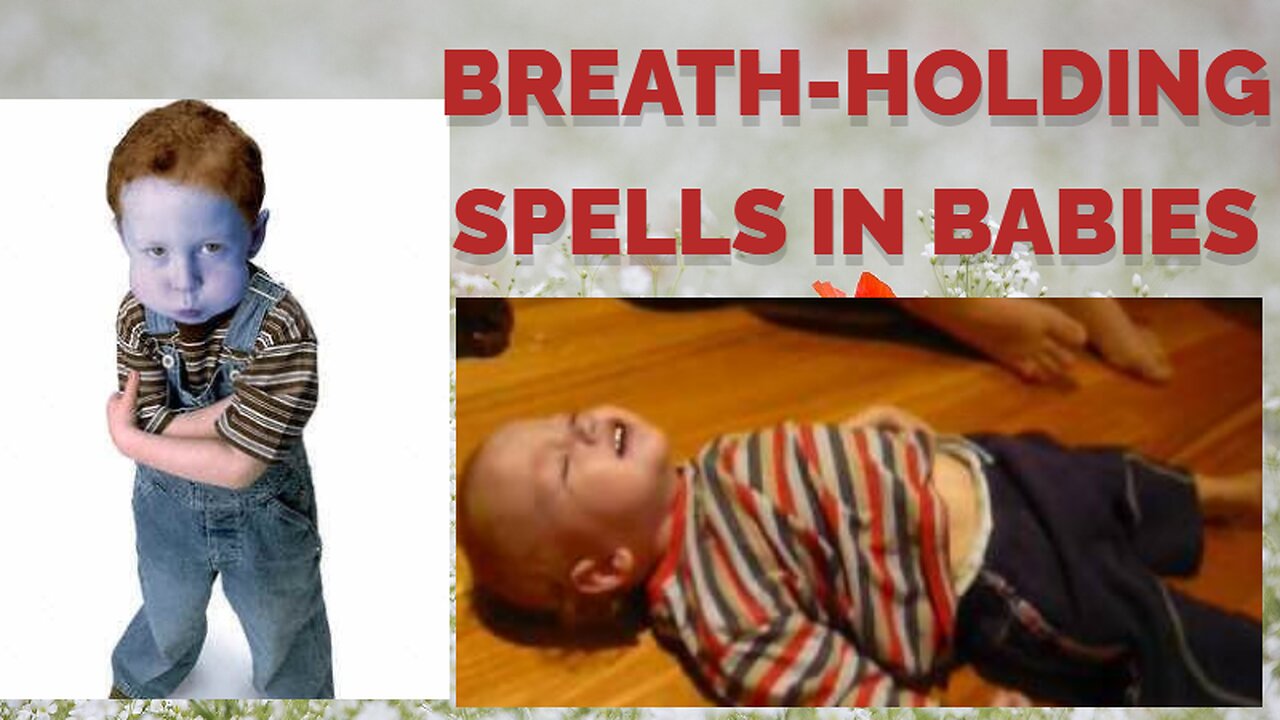
Breath-Holding Spells in Babies
Breath-holding spells (BHS) are a relatively common and typically benign phenomenon seen in some infants and young children. These spells can be concerning for parents and caregivers, as they often involve a temporary loss of consciousness and changes in breathing patterns. Here's some information about breath-holding spells in babies:
What Are Breath-Holding Spells?
Breath-holding spells are episodes where a baby or young child stops breathing for a short period of time. They can occur in response to certain triggers, such as pain, frustration, fear, or anger.
Types of Breath-Holding Spells:
There are two main types of breath-holding spells:
Cyanotic Spells: These are the most common type. During a cyanotic spell, a child's face turns pale or blue, and they may lose consciousness. This is often triggered by a sudden fright or pain.
Pallid Spells: Pallid spells are less common but more concerning. During a pallid spell, the child's face becomes extremely pale, and they may lose consciousness as well. These spells are usually triggered by a sudden strong emotion, such as fear or anger.
Duration:
Breath-holding spells are usually brief, lasting for seconds to a minute. Afterward, the child typically starts breathing again on their own.
Age Range:
Breath-holding spells are most common in infants and toddlers, typically occurring between 6 months and 6 years of age. They tend to decrease in frequency as a child gets older.
Triggers:
Various triggers can lead to breath-holding spells, but they often involve emotional or physical stress. Common triggers include pain from a fall or injury, frustration from not getting their way, or intense anger or fear.
Management:
While breath-holding spells can be distressing to witness, they usually do not cause any harm to the child. It's essential for parents and caregivers to stay calm during an episode.
If you suspect a breath-holding spell is about to occur (such as when you notice your child turning red or blue), try to remove the trigger or calm them down if possible.
After a spell, check your child's breathing and make sure they are breathing normally.
If your child has frequent or severe breath-holding spells or if there are any concerns about their health, consult with a healthcare provider for a thorough evaluation.
Outlook:
Most children outgrow breath-holding spells as they get older and learn to manage their emotions better. These spells are usually not indicative of any underlying serious medical condition.
It's important to remember that while breath-holding spells can be unsettling to witness, they are typically harmless and part of normal childhood development. However, if you have any concerns about your child's health or the frequency and severity of these spells, it's always a good idea to seek advice from a healthcare professional to rule out any underlying issues.
-
 LIVE
LIVE
Nikko Ortiz
26 minutes agoLive - Reaction Time, News, Politics, and More!
163 watching -

VINCE
2 hours agoTragedy In Minneapolis | Episode 113 - 08/28/25
65.3K75 -
 LIVE
LIVE
Reidboyy
20 minutes agoHow To Make $$$ in Delta Force Console Operations!
26 watching -
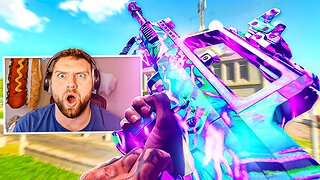 LIVE
LIVE
JuicyJohns
2 hours ago $0.26 earned🟢#1 REBIRTH PLAYER 10.2+ KD🟢
242 watching -
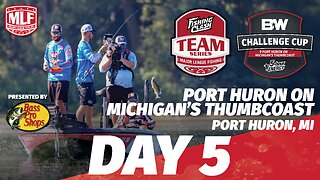 LIVE
LIVE
Major League Fishing
6 days agoLIVE! - Fishing Clash Team Series: Challenge Cup - Day 5
200 watching -
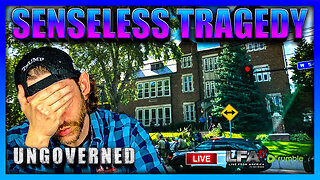 LIVE
LIVE
LFA TV
4 hours agoLFA TV ALL DAY STREAM - THURSDAY 8/28/25
5,266 watching -
 LIVE
LIVE
Total Horse Channel
13 hours ago2025 URCHA Futurity | Derby & Horse Show | Thursday
106 watching -
 LIVE
LIVE
The Big Mig™
1 hour agoThe War Powers Resolution w/ David Clements
5,170 watching -
 LIVE
LIVE
Badlands Media
7 hours agoBadlands Daily: August 28, 2025
4,136 watching -
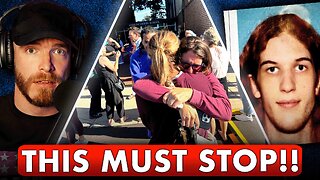 1:43:15
1:43:15
Dear America
2 hours agoTrans Violence Against Christianity MUST BE STOPPED!!
87.1K79